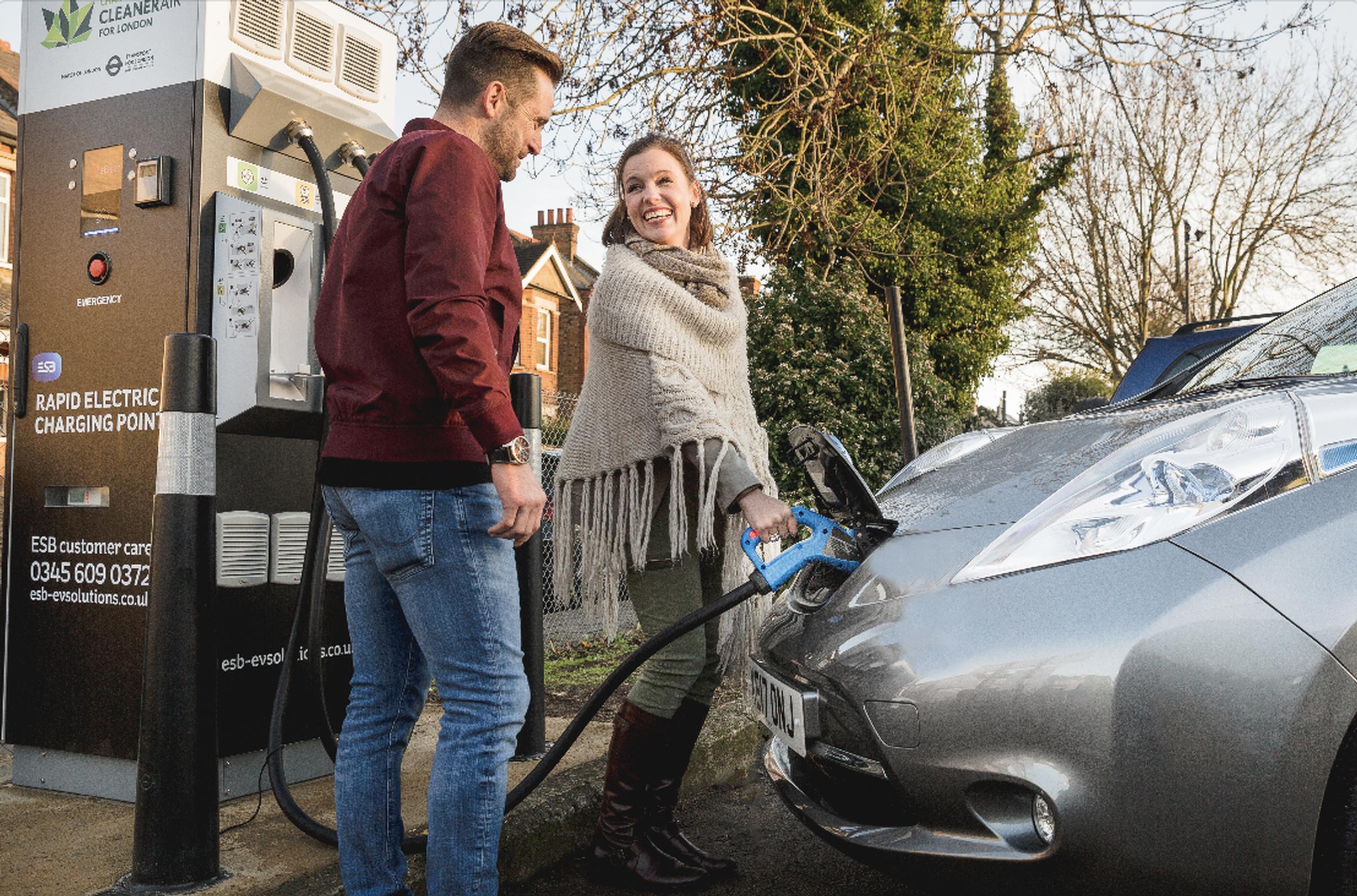

Does moving the sale of petrol and diesel cars back to 2035 make a difference to the EV Charging Infrastructure sector?
The UK government's decision to push back the ban on the sale of new petrol and diesel powered cars from 2030 to 2035, was met by a range of reactions, seemingly welcomed and criticised in equal measure.
The majority of vehicle and EV equipment manufacturers have already made significant financial investments in new technology in preparation for the 2030 deadline, with decisions having been taken at a national and global level which have shaped their short-term, medium-term and long-term production, operational and sales strategies. So having said that, is the shift to 2035 going to make much difference.
Many think not. Particularly as the government has retained the Zero Emissions Vehicle mandate which imposes strict quotas on car manufacturers. In 2024, 22% of their vehicle sales must be electric, with this quota expected to increase annually and to rise to 80% by 2030. Failure to meet these quotas could result in the manufacturer being fined £15,000 per car.
There is also a need for the momentum behind the UK’s charging infrastructure to continue building as more and more electric vehicles are on the roads. Currently there are more than one million EVs (including plug-in hybrids), with the rate of adoption set to rapidly increase as battery range and life improve, the charging network and confidence in it builds, vehicle prices stabilise and the second hand EV market becomes more established. In July, the Society of Motor Manufacturers and Traders (SMMT) reported that one new battery electric vehicle was registered every sixty seconds in the UK, with 238 thousand sold from January to September 2023, an increase of nearly 36% on the same period in 2022.
With an estimated 50,000 public chargepoints at nearly 30,000 charging locations, the number of chargers has grown by more than 40% since September 2022 – although these figures don’t include home, fleet or workplace chargers, the number of which is estimated to be over 680,000. However, with the SMMT estimating that up to 2.3 million charging points could be needed in the UK by 2030, there is still a way to go to build a network that meets driver demand.
But as well as installing new chargers, it’s also imperative that the charger network is robust, reliable and driver friendly. To reinforce this, earlier this year the government announced a set of new regulations which are expected to come into force shortly. Principle amongst its requirements is a mandate that within the first year, all public chargepoints must achieve a 99% average reliability record. And should chargepoint operators (CPOs) fail to meet these targets, they could face substantial fines.
The new regulations also stipulate that all new public EV chargepoints of 8kW or higher must have a contactless payment terminal, with existing rapid chargepoints (50kW or above) having to be retrofitted with a contactless terminal within one of year of the regulations coming into force.
To help CPOs address this new requirement, CPOs need to work with service partners that can retrofit contactless payment solutions, that can be installed with only minor modifications to the charger hardware and firmware settings, and ideally utilising cloud based technology to communicate with the CPO’s chargepoint management system.
The aim of the regulations is to make charge points more reliable, with easier payment systems and clearer pricing structures. Availability and reliability are clearly the keys to providing a robust network of EV chargers, and as one of the leading EVCI service solutions providers in the UK, we are working to deliver the required performance levels, operating a nationwide team of highly skilled and highly trained engineers – a team which is also expanding rapidly to meet the evolving market.
For a growing group of customers, including chargepoint operators, local authorities, fleet owners and operators and original equipment manufacturers, we deliver a wide range of preventative, and reactive maintenance services – from on-street installation, warranty support and maintenance, to spare parts management, PCB repairs, consultancy services and systems support.
Working in partnership with customers, Yunex Traffic is a trusted service partner for organisations including Tritium, StarCharge, ESB, Vinci and Equans, providing the backbone for service, warranty, and maintenance packages. Its work not only supports the requirement to achieve the 99% reliability rate required by the new public chargepoint regulations, but also builds driver confidence in the charging infrastructure network.
The government’s decision to move back its 2030 target certainly grabbed the headlines, but in reality, the EVCI sector has to push on with the same focus and determination to keep pace with new electric vehicle sales, delivering a reliable and robust infrastructure network which provides the reassurance and confidence that EV drivers need.
Kenny Scouller is head of EVCI sales at Yunex Traffic in the UK
TransportXtra is part of Landor LINKS
© 2025 TransportXtra | Landor LINKS Ltd | All Rights Reserved
Subscriptions, Magazines & Online Access Enquires
[Frequently Asked Questions]
Email: subs.ltt@landor.co.uk | Tel: +44 (0) 20 7091 7959
Shop & Accounts Enquires
Email: accounts@landor.co.uk | Tel: +44 (0) 20 7091 7855
Advertising Sales & Recruitment Enquires
Email: daniel@landor.co.uk | Tel: +44 (0) 20 7091 7861
Events & Conference Enquires
Email: conferences@landor.co.uk | Tel: +44 (0) 20 7091 7865
Press Releases & Editorial Enquires
Email: info@transportxtra.com | Tel: +44 (0) 20 7091 7875
Privacy Policy | Terms and Conditions | Advertise
Web design london by Brainiac Media 2020